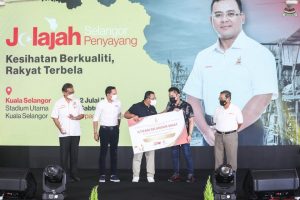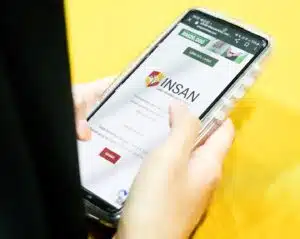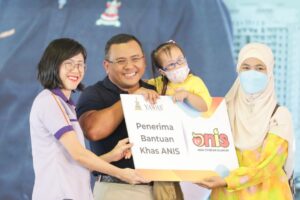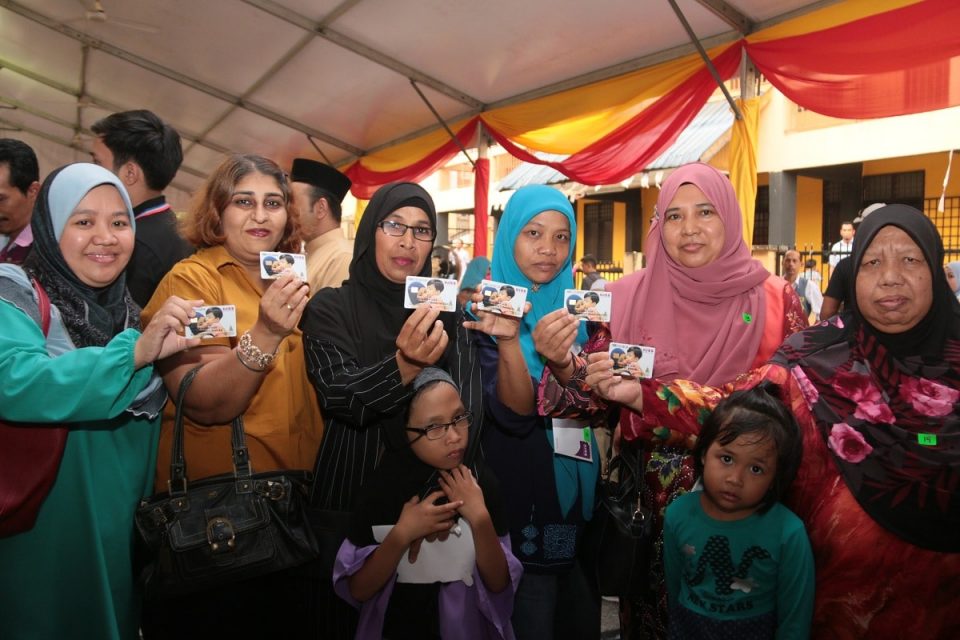By Yasmin Ramlan
SHAH ALAM, Jan 30 — Selangor is on the right track towards eradicating extreme poverty by formulating a sustainable roadmap that takes a bottom-up approach.
An independent group, All Party-Parliamentary Group Malaysia on Sustainable Development Goals (APPGM-SDG), said some of the initiatives taken by the state government which could effectively put extreme poverty to an end include good governance, prudent expenditure, regular monitoring and evaluation, and targeted assistance to its people.
Commending the state government’s wide range of schemes and initiatives addressing the various needs of its people, its secretariat policy and research officer Debbie Loh said the efforts include all aspects, like education, health, entrepreneurs, child care, and housing.
“This also demonstrates that the state government has their ears on the ground as these targeted solutions seem to be designed to reflect the issues faced by grassroots communities.
“What we can hope for is that the awareness, reach, and take up of these important initiatives will be effective in improving the education levels, health and well-being, livelihoods and social protection of Selangor’s people, which would potentially carry far-reaching benefits,” she said to Selangor Journal recently.
Similarly, economist Prof Barjoyai Bardai complimented the various initiatives introduced by the state government, like the Iltizam Selangor Penyayang (ISP) welfare programme and Iltizam Selangor Sihat (ISS), which consist of various health-related efforts.
Some of the notable efforts include the Selangor General Insurance Scheme (Insan), the Selangor Micro Entrepreneur Fund, the state’s assistance programme for kindergartens (Tunas), exemption of assessment tax for villages and low-cost housing, Jualan Ehsan Rakyat (JER), and the Smart Selangor Bus.
“Selangor has actually done a lot through its Iltizam programmes. All these initiatives show the Selangor government truly cares about its people and has researched every possible way to help them,” he said to Selangor Journal when contacted.
On January 20, Prime Minister Datuk Seri Anwar Ibrahim expressed confidence that Selangor will successfully address extreme poverty issues in the state once a report on the matter is finalised.
Reiterating the government’s efforts in eradicating poverty nationwide, he commended the states under the Unity Government for their noteworthy progress recently.

Bringing Down Urban Poverty
Despite Selangor’s continuous efforts aimed at vulnerable groups, Loh suggested it focus efforts on reducing urban poverty with the long-term goal of eradication.
She also shared APPGM-SDG’s findings from some Selangor constituencies involving vulnerable communities within the state, like Petaling Jaya in 2020 and Kuala Selangor in 2021.
During a research site visit in Petaling Jaya, economic and socioeconomic issues in affordable housing were observed in low-income housing and People’s Housing Projects (PPRs).
“These include a high population density, inadequate provision of basic infrastructure and amenities, including poor waste management and sanitation, insufficient parking, and lack of or poorly maintained recreational spaces.
“These issues also affected schools in low-income communities with many students.
“They were found to be lacking funding for infrastructure, a dearth of recreational facilities and when combined with poverty, these led to truancy and drug use,” Loh said.
Meanwhile, in Kuala Selangor, among the main issues that should be tackled are overpopulated schools, school dropouts, limited job opportunities, lack of healthcare centres and hospitals, poor public transport system, inadequate waste management, poor Internet connectivity, and various social ills.
“Taken together, these provide a bird’s eye view into some of the cross-cutting issues within Selangor, ranging from housing, education, sanitation and hygiene, to economic and social issues.
“These unresolved issues deserve particular attention for the improved well-being of the
urban poor,” she said.

Lasting Impact
To ensure that vulnerable and targeted groups are not left behind from benefiting from the state initiatives, Barjoyai recommended the state government establish a micro-data system to be integrated with the main national Central Database System (Padu).
“These initiatives are very commendable. However, it needs sufficient funds to sustain it in the long run. The Selangor government needs to ensure how to achieve that.
“Can the initiatives continue eternally without funding from the government?” he asked.
To this, Barjoyai suggested the state government set up an endowment fund, which can be funded through the people and also the state government.
“The funds will grow quickly, even within five to 10 years, to the point where they will automatically be able to fund the Iltizam Selangor Programme,” he said.
Barjoyai admits that internal migration is inevitable, which, in turn, has contributed to the rise of poverty in the state, leading to homelessness for some individuals.
“But Selangor needs to develop an effort to ensure the state has zero homelessness issues. As we can see today, there are a lot of homeless beggars, especially in Klang, Petaling Jaya, Shah Alam, and Kajang.
“Selangor also needs to address unemployment and immigrants who set up their illegal businesses and indirectly impact the locals,” he said.






